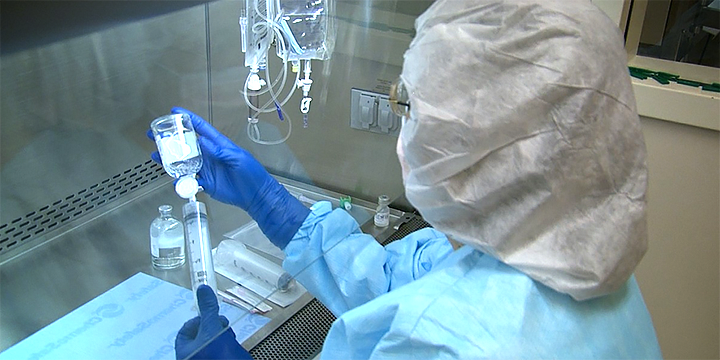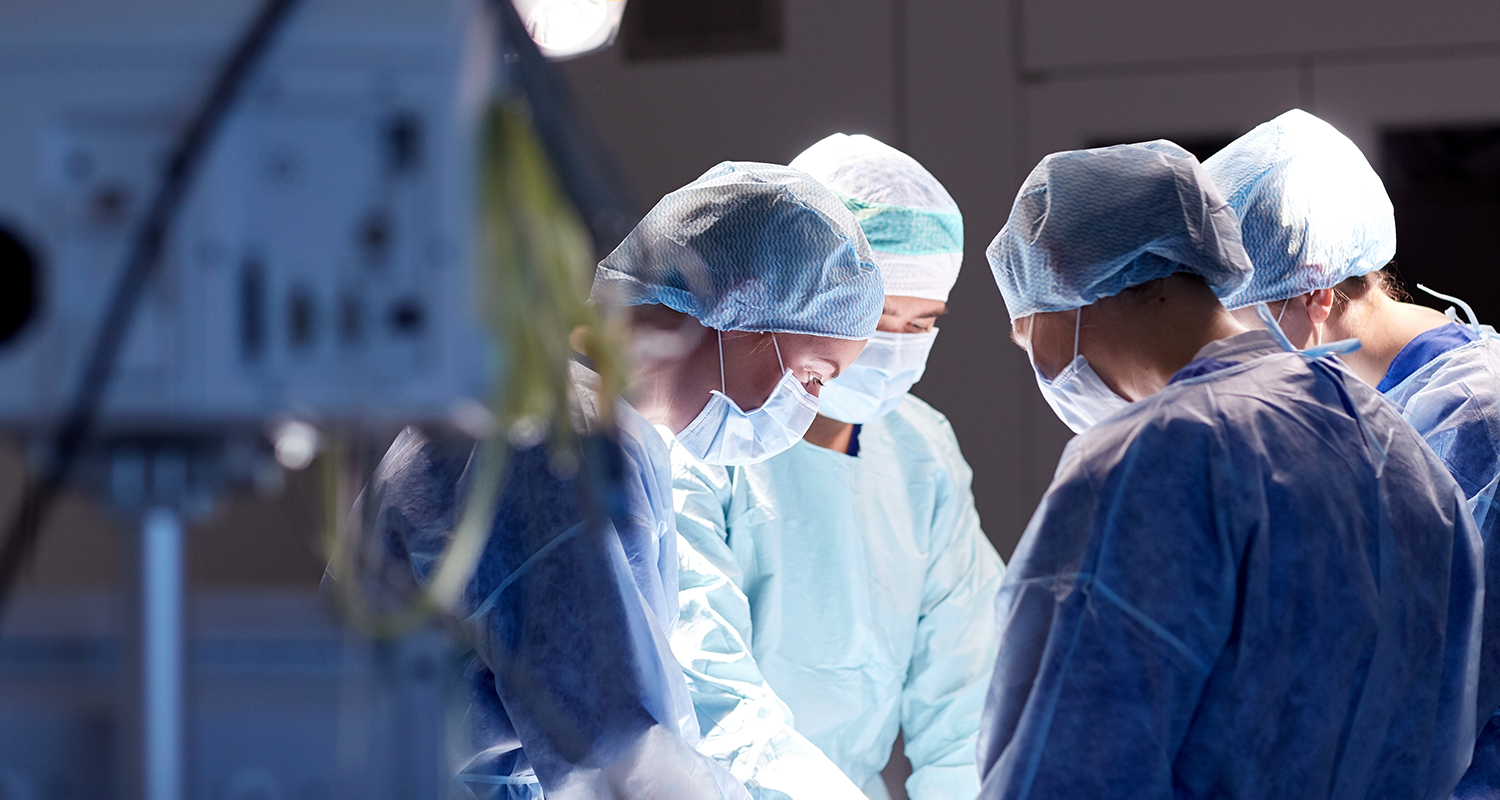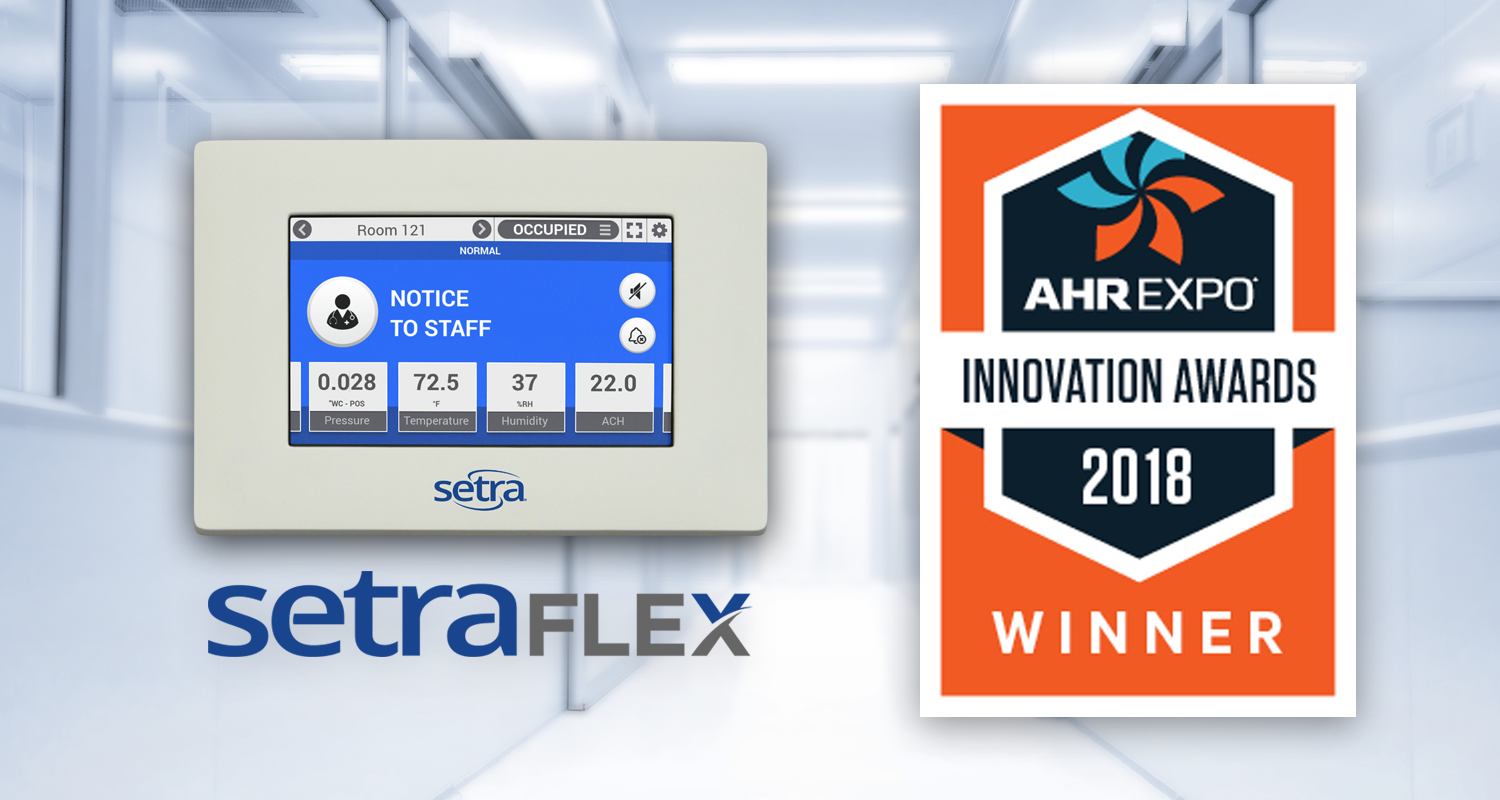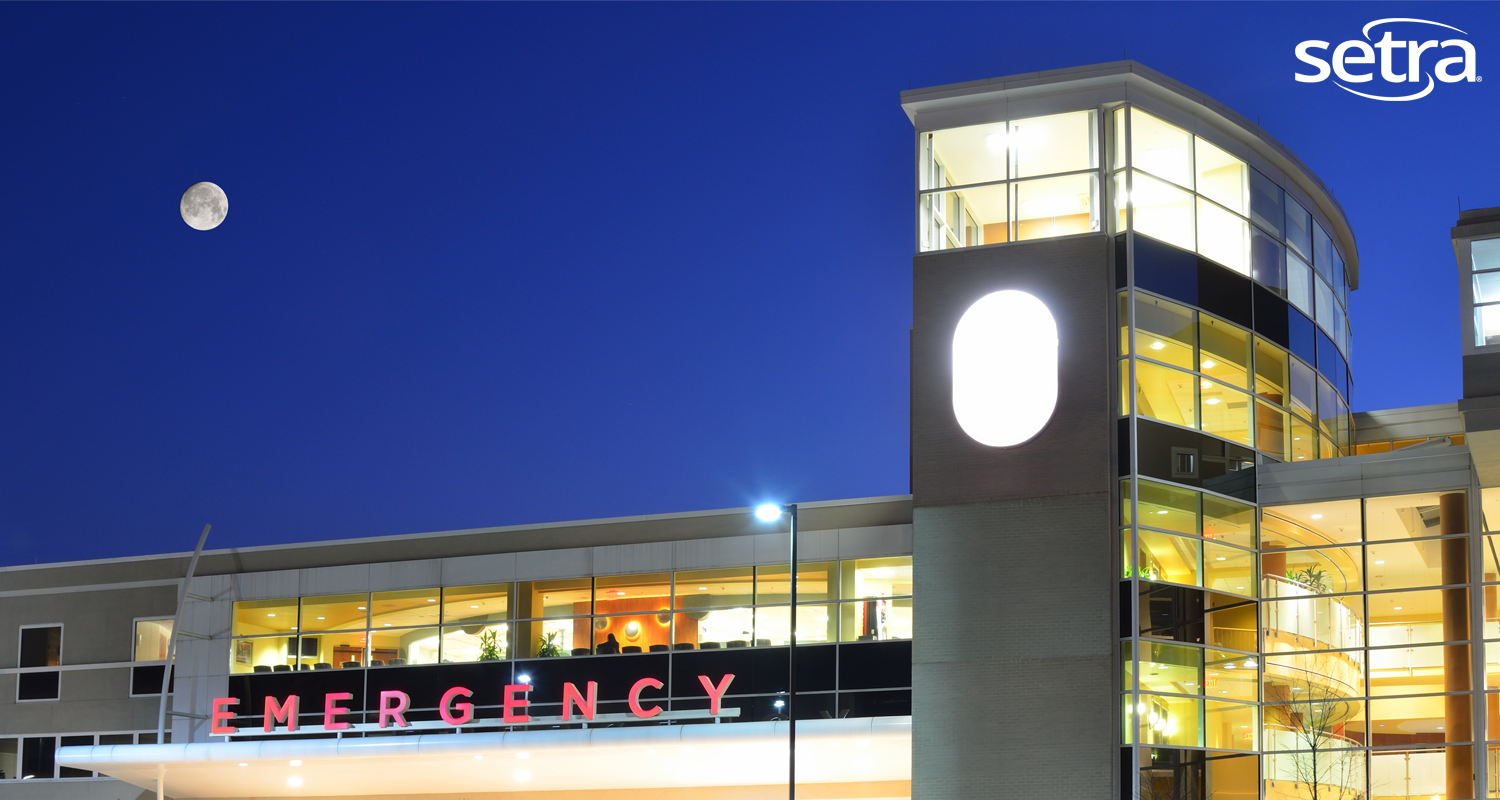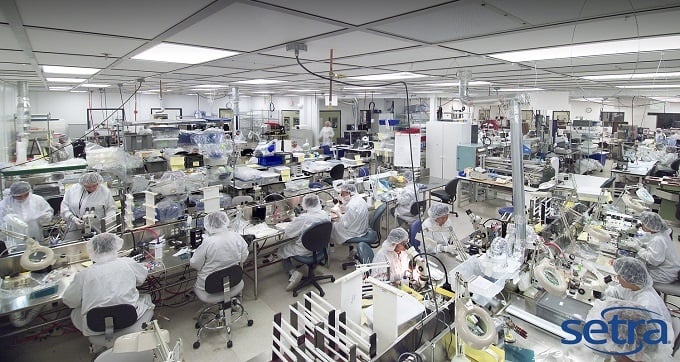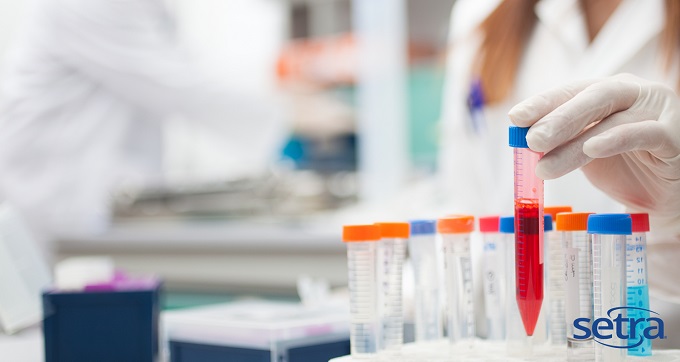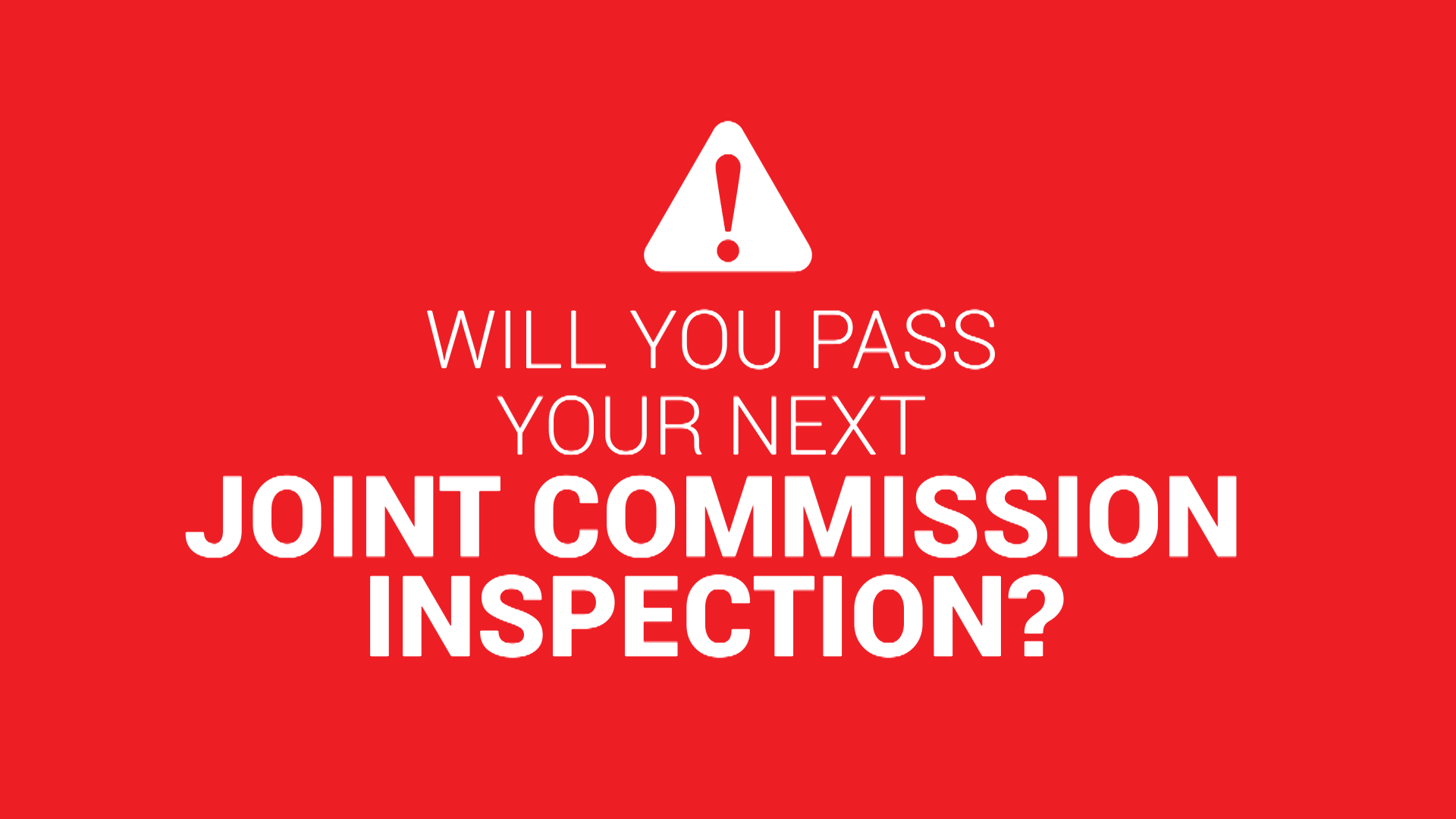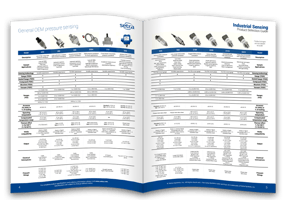Hospital pharmacies are unique because of the critical role they play in maintaining patient health and safety. Pharmacies that perform compounded sterile preparations (CSPs), in particular, must meet specific clean room standards to ensure sterile conditions are maintained. While there are many established environmental requirements in these spaces, some pharmacy managers are choosing to go the extra mile in exchange for added peace of mind.
Setra Blog
Hospitals are one of the most tightly-controlled spaces in terms of monitoring the indoor environment. ASHRAE Standard 170 is used by both The Joint Commission (TJC) and Centers for Medicare and Medicaid Services (CMS) as the fundamental reference for adequate levels of temperature, humidity, differential pressure, and air change rate in many spaces within a hospital. The ability for healthcare facilities to monitor, verify, and control these conditions is crucial not only for passing these rigorous inspections but also for protecting the health and safety of their patients and staff.
Setra Systems, Inc. will be exhibiting at the 2018 AHR Expo in Chicago, IL from January 22 to January 24. This year at AHR, Setra is excited to showcase several new monitoring and sensing solutions to our customers, adding to its extensive line of premium HVAC sensing products.
Setra Systems is proud to announce that the Setra FLEX Environmental Monitor has won the 2018 AHR Innovation Award in the Building Automation category.
Like most businesses, hospital administrations constantly look for ways to improve their bottom line. One of the most effective ways a hospital facility manager can help is by lowering building operating costs and running their building more efficiently. But because healthcare facilities are extremely sophisticated and specialized buildings, this task is often easier said than done.
Technicians at the Kennedy Space Center often work in cleanrooms, laboratories with high degrees of cleanliness provided by strict control of particles such as dust, lint, or human skin. These facilities must be contaminant-free environments where the air is repeatedly filtered and surfaces are smooth to prevent particles from getting lodged.
There are many applications for differential pressure transducers, but none are more critical than those measuring the pressure parameters in a cleanroom. A cleanroom is a critical area used to manufacture medications, containers, enclosures, and other medical devices that require the products to remain sterile from manufacturing through delivery to the customer. The products manufactured in these environments are used to treat and care for the general population and are handled differently than other products.
The regulation language in U.S. Pharmacopeia Standard 797 (USP 797) has long been the guiding principle for cleanliness in hospital pharmacies that treat cancer patients with compounding sterile preparations (CSPs). For airflow in these special rooms, USP 797 outlines how spaces are to be pressurized, and what are permissible parts per million (PPM) particle counts.
Subscribe to Our Blog!
Topics
- Critical Environments (182)
- HVAC/R (179)
- General Industrial (153)
- Building Automation (134)
- General Industrial OEM (92)
- Energy Management (85)
- Test and Measurement (66)
- HVAC/R OEM (58)
- Barometric (44)
- Alternative Fuels (42)
- Medical (40)
- Process/Mfg Tank Level (40)
- Water and Wastewater (39)
- OHV (38)
- Oil and Gas (35)
- Industrial Vacuum (29)
- Calibration (25)
- Semiconductor (25)
- Particle Counting (18)
- Cleanroom Monitoring (17)
- Room Pressure Monitoring (16)
- Trade Show (12)
- cleanroom environment (12)
- Scales (11)
- Environmental Monitoring (10)
- Power Monitoring (10)
- Healthcare (9)
- Power Meters (9)
- Software (9)
- cleanroom monitoring systems (9)
- Case Study (8)
- critical environment technologies (8)
- Humidity (7)
- data centers (7)
- particle counter (6)
- pressure transducers (6)
- LITE room pressure monitor (5)
- hardware and software cleanroom monitoring systems (5)
- setra lite (5)
- Compliance (3)
- Video (3)
- hospital spaces (3)
- FAQ & Troubleshooting (2)
- Monitoring Compounding Pharmacies (2)
- Semiconductor Manufacturing (2)
- agencies that monitor pharmacies (2)
- energy (2)
- hvac (2)
- laboratories (2)
- monitor compound pharmacy (2)
- protected environment (2)
- regulatory compliance (2)
- setra lite features (2)
- usp 797 (2)
- Current Sensors and Transducers (1)
- Current Transformers (1)
- Pressure (1)
- aerospace cleanrooms (1)
- cems (1)
- digital transformation (1)
- ipv6 multicast (1)
- ipv6 multicast address (1)
- ipv6 multicast address range (1)
- isolation room pressure monitoring (1)
- multicast address ipv6 (1)
- multicast ipv6 (1)
- operating room (1)
- pharma 4.0 (1)
- pressure sensor (1)
- pressure transducer companies (1)
- semi conductor (1)
- sensors and transducers (1)
- setra pressure transducers (1)
- submetering (1)
- sustainability (1)
- temperature monitor (1)
- temperature monitoring for pharmacies (1)
- transducers (1)
- usp 800 (1)
- water (1)
- what does hvac stand for (1)
- what is a transducer (1)
- what is hvac (1)

